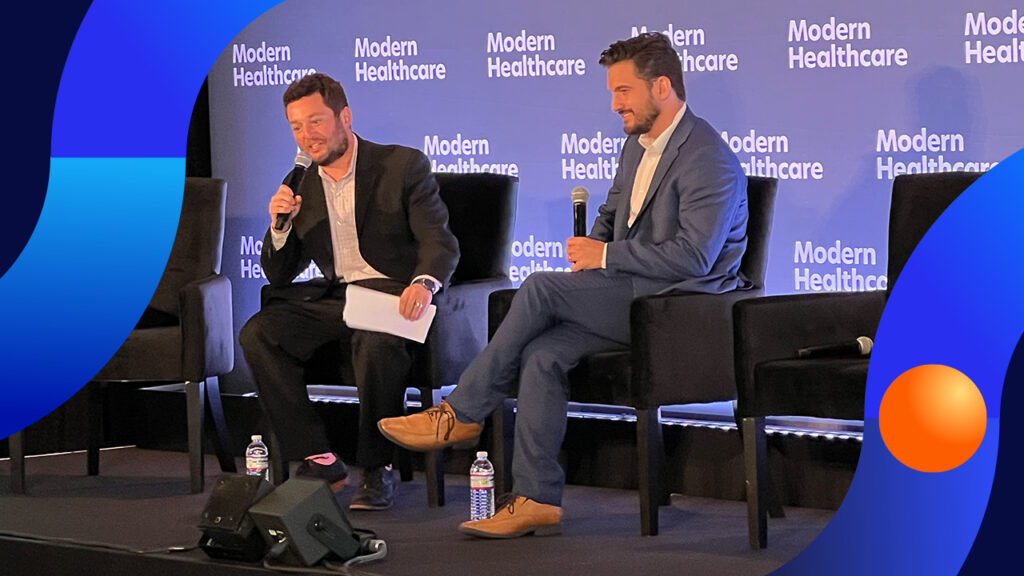Discussing the importance of a strategic approach to maximize the impact of AI, industry leaders gathered at the recent Modern Healthcare Digital Health Summit to explore topics such as boosting cross-department efficiency and enabling preventative care.
During a fireside chat with journalist Gabriel Perna, Aidoc CEO Elad Walach shared insights on the evolving landscape of clinical AI. Here are some key highlights from their discussion:
The Challenge of Siloed Solutions
While point solutions have demonstrated the potential of clinical AI, the lack of robust integration has hindered widespread adoption. Transitioning to a platform approach can overcome workflow and management challenges associated with integrating multiple AI solutions. This shift will help health systems move towards a more comprehensive AI-enabled care transformation strategy, leading to impactful outcomes.
Consolidation on the Horizon
Future trends in AI development may involve consolidation within the sector, similar to the evolution of streaming services. Smaller developers focused on specific use cases may seek to leverage platforms that offer data normalization, workflow integration, and serve as a centralized point of contact for healthcare systems.
AI and the Future of Radiology
Radiologists have been early adopters of AI technologies, utilizing them to address resource challenges in their field. By integrating AI into their workflows, radiologists can enhance diagnostic accuracy, improve efficiency, and allocate more time to complex cases. This pioneering effort showcases how AI can transform clinical practices and enhance patient outcomes.
The Age of Personalized Care
AI has the potential to revolutionize personalized patient care, such as through non-invasive tests like calcium scoring for heart disease risk assessment. By analyzing imaging data, AI can identify at-risk individuals and enable proactive interventions, showcasing the ability of AI to enhance personalized care beyond treating immediate symptoms.
Preparing for the AI Revolution
While technology is not the biggest obstacle to AI integration, the lack of a comprehensive decision-making framework poses a challenge for healthcare systems. Developing a clear strategy for implementation, measuring success, and providing effective leadership is crucial to navigating the evolving landscape of clinical AI. For more insights on AI strategy and trends, check out the “Lessons From the Inside” video series featuring perspectives from U.S. health system leaders who have successfully implemented clinical AI.


